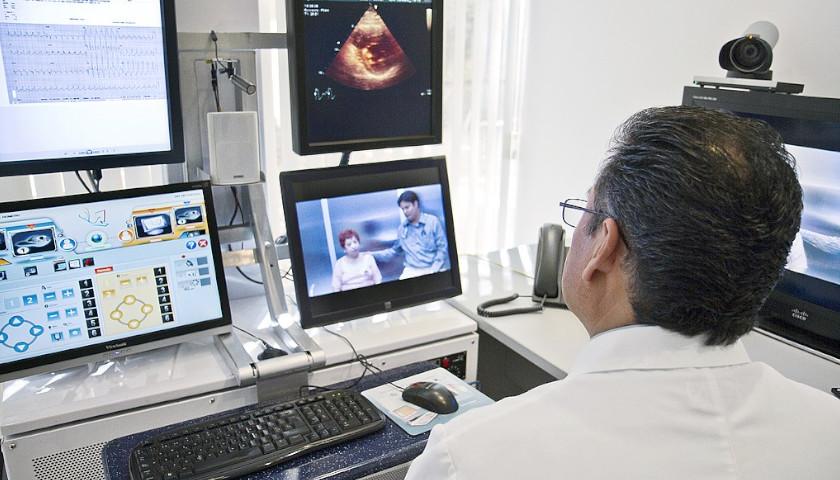by Andrew Powell
If signed into law, two bills in the Florida Legislature could help rural communities in the Sunshine State have better access to emergency health care.
Senate Bill 644 is sponsored by state Sen. Corey Simon, R-Quincy, and specifies eligibility requirements for rural emergency hospitals to be licensed, authorizes rural hospitals to enter into contracts required for federal reimbursement and requires individual and group health insurance policies and health maintenance contracts performed under certain circumstances in rural hospitals.
Mary Mayhew, the President and CEO of the Florida Hospital Association, told The Center Square that her organization supports SB 644 and House Bill 309 sponsored by state Rep. Jason Shoaf, R-Perry.
“These bills ensure that rural hospitals have the option to pursue a new license type recently created in the Medicare program,” Mayhew said in an emailed statement. “This license would allow Florida’s rural hospitals to preserve critical emergency department and outpatient services for Floridians close to home and will help prevent hospital closures that jeopardize patient access to care.
“FHA recognizes the vital role these hospitals play in their communities, and we appreciate this effort to improve access to lifesaving, high-quality care in the state’s rural communities.”
A “rural emergency hospital” is defined in both bills as an acute care hospital that is the sole provider in a province with a population less than 100 per square mile, a facility that is at least 30 minutes away from any other acute care hospital, or simply an acute care facility that has been designated a rural emergency hospital that offers beds for use beyond 24 hours for those seeking diagnosis, treatment or care.
The rural emergency hospital could enter into contracts to be eligible for federal reimbursement, including seeking approval through the Agency for HealthCare Administration to provide Medicaid reimbursements, and the bill allows individual and group health insurance policies to be used if the policy would have covered a general hospital.
To attract more medical professionals to work in underserved locations, the Medical Education Reimbursement and Loan Repayment Program will be established to offset loans and expenses for students entering nursing or medical fields and help pay licensing fees for licensed professionals.
From available funds, the Florida Department of Health would provide up to $4,000 per year for licensed practical and registered nurses, up to $10,000 per year for advanced practice registered nurses and physician assistants, and up to $20,000 per year for physicians.
– – –
Andrew Powell is a contributor to The Center Square.
Photo “Telemedicine” by Intel Free Press. CC BY-SA 2.0.




